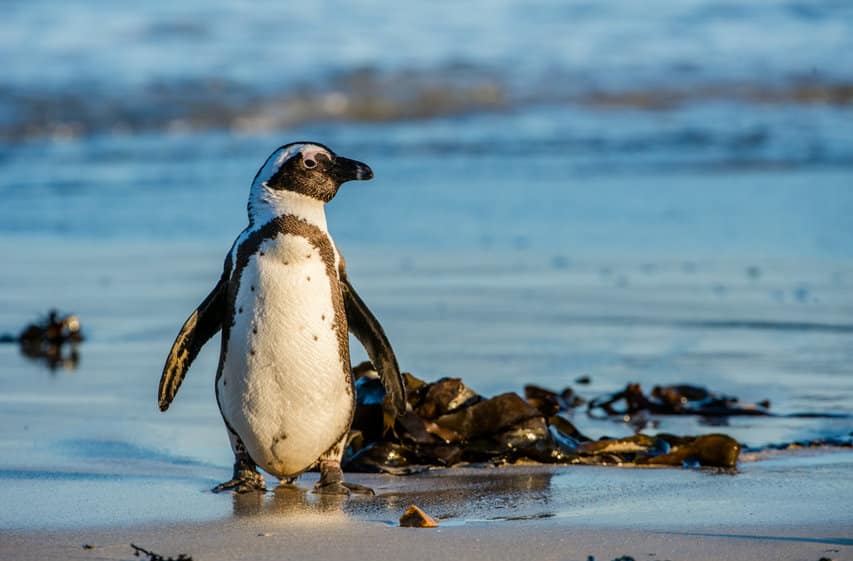The Skinny
There are a lot of success stories when it comes to bringing back animals from the edge of extinction. Think about the bald eagle, the wild horses of Central Asia, buffaloes and even the black footed ferret. Unfortunately, there have been a lot of failures too—animals and species seemingly lost forever. In fact, as many of 500 have vanished for good during the last 100 years. There lots of reasons animals and species disappear. Usually, they are tied to a variety of man-made causes. The threat is real and even expanding. Currently, there are almost 45,000 animals and species that are considered endangered, which includes over 16,000 listed as perilously close to extinction. Losing an animal or a species is always sad, but it is dangerous as well to the earth’s natural balance, which can have serious consequences for everyone else, underscoring the need to keep the earth healthy. WellWell can’t list all 45,000 endangered subjects, but we put together a short list just to show what’s at stake.
The Slate
There are perhaps less than 5,000 snow leopards left in the wild. Listed as ‘vulnerable’ by the International Union for Conservation of Nature (IUCN), exact numbers are hard to come by for these cats that live in the western Himalayas.
New Zealand’s kakapos, nocturnal ground-dwelling parrots, are in critical shape with less than 150 living in the wild. These birds once thrived throughout New Zealand and Polynesia but now seen in just two small islands thanks to the introduction of predators such as cats and stoats.
Related to the western gorilla, these animals have been pushed to extinction has their natural habitat has been transformed from forests to fields for agriculture and livestock. Poaching has also hurt its numbers, reducing its small population even further.
These fish-eating crocodiles are native to India and have been in decline since the 1930s. Sitting on the edge of extinction, there are only 100-300 left in the wild. The gharial’s population have been decimated for habitat loss, pollution and poaching.
The “Old World vulture” is native to Pakistan, Nepal and India and has seen its population crash by 97 percent in recent decades, placing it on the “critically endangered”
The only water-dwelling species of iguana, it gets to spend most of its day swimming in the crystal-clear waters of the Galápagos. Climate change, however, is placing this iguana’s future at risk as its nesting grounds are being destroyed thanks to rising sea levels and increasing air temperatures. These changes also limit the iguanas’ ability to regulate its body temperature. Invasive species, including cats, dogs, and pigs, have also hurt its numbers as they prey on iguanas.
The blue-eyed brown spider monkey of South America is one of the world’s most endangered animals. Almost all its natural habitat—old-growth rain forests—have disappeared, reducing its population by at least 80 percent.
The Saola or Asia unicorn is something of a mystery animal that lives in the Greater Mekong. Rarely seen, it was only discovered about 20 years ago. None are held in captivity and, obviously, its population is unknown and feared to be limited at best.
The Ivory-Billed Woodpecker may be the most endangered animal on earth. It lives in the Southeastern U.S. and parts of Cuba. A huge woodpecker, it was thought to be extinct for 60 years when it was sited in Arkansas for the first time in decades. There are believed to be only a handful remaining in the wild.
Penguins are usually thought of as cold-water inhabitants. There are, however, penguins living at the South-western tip of Africa in Namibia and South Africa. Industrial fishing and human activity have driven them to the edge of extinction.
Eyes Up
Tell us your concerns about these animals at info@wellwellusa.com












